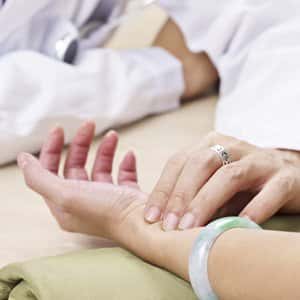
Most people’s hearts beat between 60 and 80 times a minute when they are not doing anything strenuous; people with slow heart rates may worry about whether that means they are in trouble. A new study published in JAMA Internal Medicine shows that naturally slower heart rates in the 40s or 50s don’t mean a higher risk of cardiovascular complications.
Slow Heart Rate Is Not a Heart Disease Risk Factor:
A slow heart rate of under 50 beats per minute may cause unpleasant symptoms such as dizziness, fainting, shortness of breath or even chest pain. This can be frightening, but a slow heart rate alone isn’t necessarily dangerous. A 10-year study of more than 6,000 middle-aged and older adults (dubbed the Multi-Ethnic Study of Atherosclerosis, or MESA) found that a naturally slow heart rate without symptoms was not associated with more heart disease or a higher likelihood of premature death.
Heart Rate Slowed by Medication Is Different:
There is one important caveat: people whose heart rates were slowed by medication were at higher risk of death. A rapid heart rate over 80 was also associated with higher mortality in this group. The researchers were not able to tell whether this was due to the underlying disease requiring treatment or to the drugs used to slow the heart.

